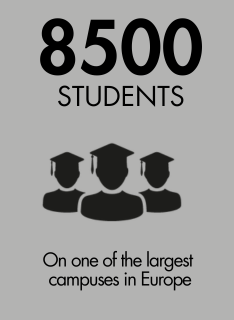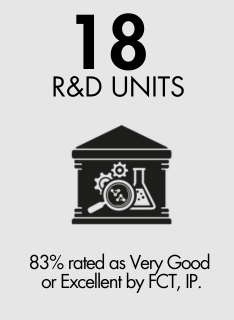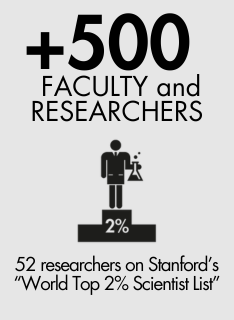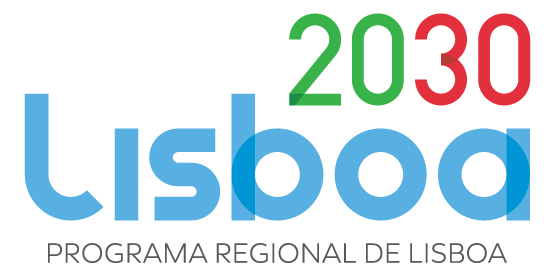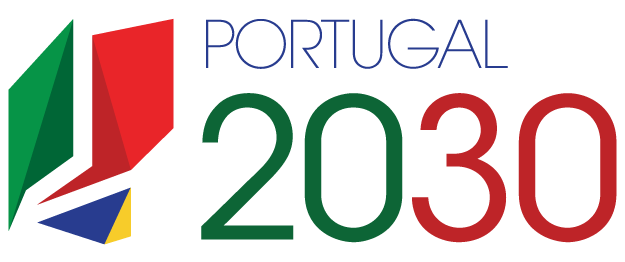In addition to the documents listed at https://www.fct.unl.pt/en/education/phd-programmes applicants must submit:
Admission Requirements
To be admitted to the PhD program in Biomedical Engineering, applicants must meet the requirements established by national legislation, as well as the regulations of NOVA University Lisbon and NOVA FCT, and fulfill at least one of the following conditions:
Hold a master’s degree in the scientific fields of Biomedical Engineering, Physics Engineering, or related areas, or a legally equivalent qualification, with a minimum final grade of 14 (out of 20);
Hold a pre-Bologna undergraduate degree in Biomedical Engineering or a related field, with a minimum of 240 ECTS and a final grade of at least 14 (out of 20);
Hold an academic, scientific, or professional curriculum in the field of Biomedical Engineering that is recognized by the Department Council of the Department of Physics as demonstrating the ability to undertake this study cycle.
Selection criteria
The selection of candidates is the responsibility of the PhD Program’s Scientific Committee, based on the evaluation of the submitted documentation. Potentially eligible candidates may be invited for an interview.
The Scientific Committee of the PhD program in Biomedical Engineering may also request additional documentation from the applicant, if deemed relevant for the evaluation of the application.


